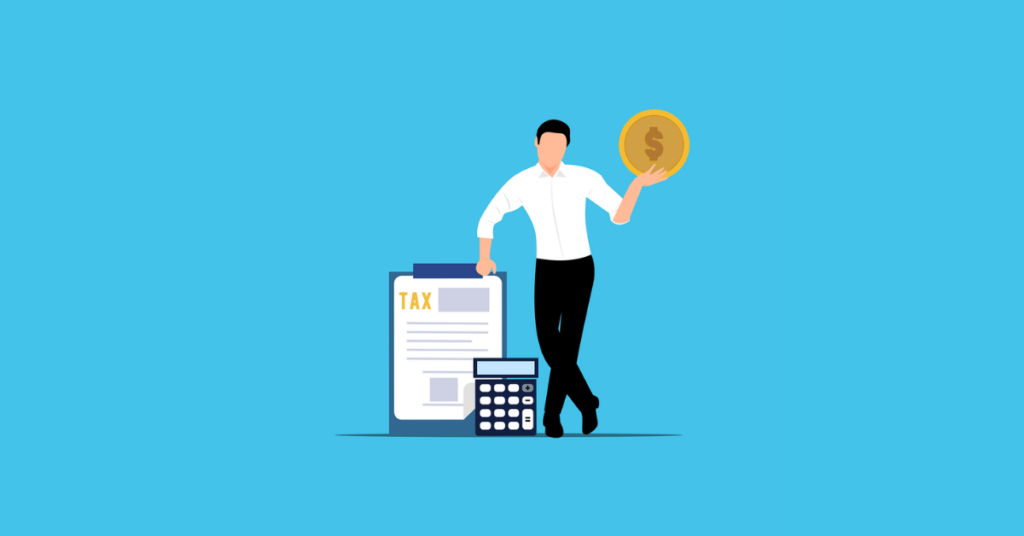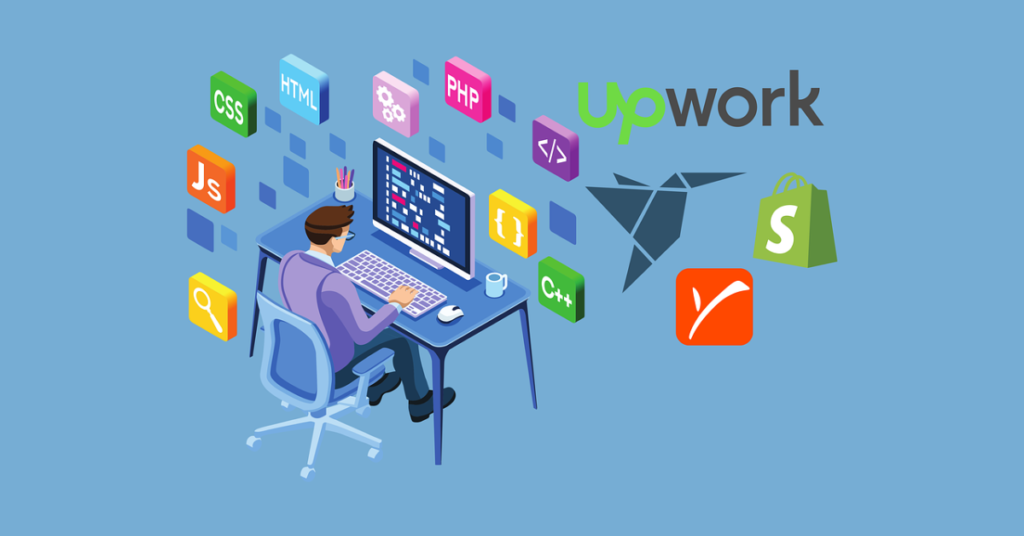Freelancing offers incredible freedom and flexibility, but it also comes with one major challenge: unpredictable income. Freelancers typically navigate inconsistent income patterns, which can make financial planning quite challenging, in contrast to the regular paychecks that traditional employees receive. However, with the right strategies and mindset, you can create a sustainable financial plan that works with your irregular income rather than against it.
Understanding Your Income Patterns

A crucial initial step for freelancers in effective budgeting is to recognize their individual income trends. Keep a record of your earnings over time for at least six months to identify trends, seasonal fluctuations, and your average monthly income. Look for patterns like busy seasons, client payment delays, or project cycles. This historical data becomes the foundation of your budgeting strategy. Keep detailed records of when you invoice clients, typical payment terms, and actual payment dates. Many freelancers find that clients pay 30-60 days after invoicing, which creates a natural delay between completing work and receiving payment.
Calculate Your Baseline Survival Budget

The survival budget refers to the essential amount you require each month to meet your basic living costs. This encompasses expenses such as housing costs, utility bills, food purchases, insurance costs, basic debt repayments, and various unavoidable financial obligations. Calculate this number precisely, as it becomes your financial floor – the amount you must have available regardless of how low your income dips.
For most freelancers, this baseline budget ranges from 60-80% of their average monthly income. If your survival budget exceeds your lowest monthly earnings, you’ll need to either reduce expenses or find ways to increase your minimum income through retainer clients or part-time work.
Build an Emergency Fund Strategically

Traditional financial advice suggests saving 3-6 months of expenses in an emergency fund, but freelancers need a more robust safety net. Aim for 6-12 months of your baseline survival budget, building this fund gradually by setting aside 10-20% of each payment you receive.
It may be beneficial to maintain your emergency funds in a distinct, high-interest savings account that you can easily access, instead of blending it with your regular checking account. This way, your funds are both secure and readily available when needed. This separation reduces the temptation to dip into emergency funds for non-emergencies while still keeping the money liquid for true financial crises.
Master the Art of Income Smoothing

Income smoothing involves creating artificial stability by averaging your earnings over time. Open a separate “income smoothing” account and deposit all client payments there. Then, pay yourself a consistent monthly “salary” based on your average monthly earnings from the past year.
During high-earning months, excess funds accumulate in this account. During low-earning months, you draw from the accumulated surplus. This strategy requires discipline and a substantial buffer to start, but it transforms irregular income into predictable monthly payments, making budgeting much more manageable.
Handle Taxes Like a Pro

Freelancers differ from conventional employees in that they are responsible for managing their own tax duties, which include making estimated tax payments every quarter. Set aside 25-35% of each payment for taxes immediately – before you’re tempted to spend it on other expenses. The exact percentage depends on your tax bracket and state taxes.
Open a separate tax savings account and treat tax money as already spent. If you’re a freelancer, it’s beneficial to collaborate with a tax expert familiar with the financial aspects of independent work. They can assist you in optimizing deductions related to your home workspace, educational expenses, necessary tools, and travel for business purposes.
Plan for Business Expenses and Growth

When planning your budget as a freelancer, it’s essential to factor in every expense related to running your business. This includes costs for professional development, software tools, equipment updates, marketing efforts, and professional services like accounting or legal help. These investments should be viewed as vital to your growth rather than optional expenses.
It’s beneficial to set aside approximately 10-15% of your earnings for nurturing both your personal development and business advancement. Keeping accurate records of all your business-related expenses is crucial, as these can be deducted come tax time. By regularly assessing these expenses, you can ensure that your investments are yielding valuable returns.
Navigate Healthcare and Benefits

Freelancers are responsible for obtaining their own healthcare, disability coverage, and retirement savings since they do not receive benefits from an employer. Research health insurance options through the marketplace, where you may qualify for premium tax credits based on your projected annual income.
Consider opening a Health Savings Account if you choose a high-deductible health plan, as it offers triple tax advantages. For retirement, establish a simplified employee pension, which allows higher contribution limits than traditional individual retirement arrangements and can significantly reduce your tax burden.
Create Multiple Income Streams

The best defense against irregular income is diversification. Develop multiple income streams through different clients, passive income projects, or part-time work. Consider offering retainer services to provide some predictable monthly income alongside project-based work.
Explore opportunities for recurring revenue, such as ongoing maintenance contracts, subscription-based services, or teaching courses in your expertise area. Even small amounts of predictable income can significantly stabilize your overall financial picture.
Conclusion

Budgeting with irregular income requires more planning and discipline than traditional budgeting, but it’s entirely achievable with the right strategies. Focus on understanding your income patterns, building substantial emergency funds, and creating systems that smooth out the natural ups and downs of freelance work. Keep in mind that achieving financial security as a freelancer is a long-term journey rather than a quick race. Allow yourself the grace to adjust and cultivate new financial practices and structures over time.
